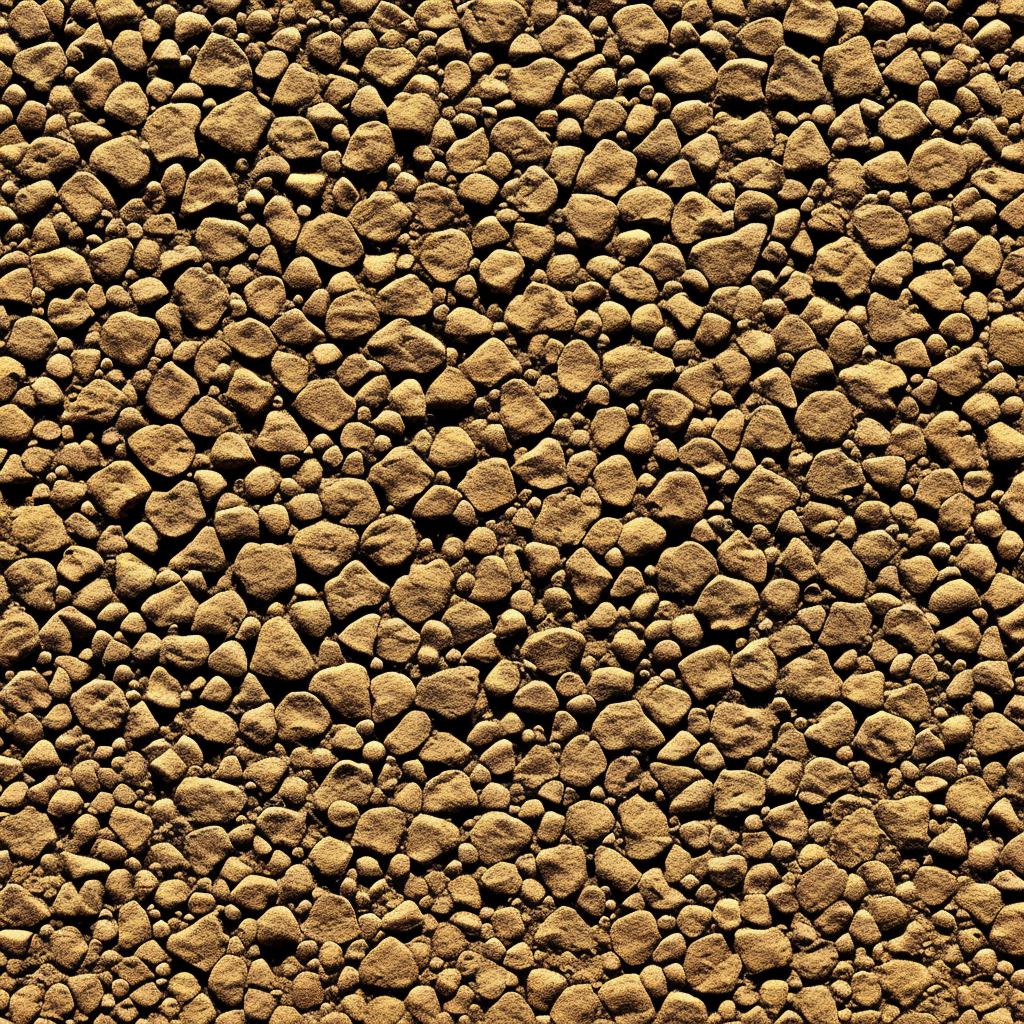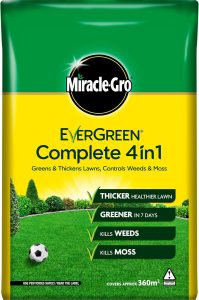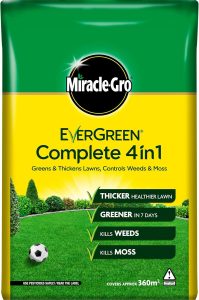As we dig our hands into the earth, we may not realize that beneath the surface lies a world of complexity where the pH level can make all the difference. In our beginner’s guide to understanding soil pH, we will uncover the secrets of this vital element of gardening and agriculture. Join us on a journey to uncover the mysteries of soil acidity and alkalinity, and discover how it can impact the growth of your plants.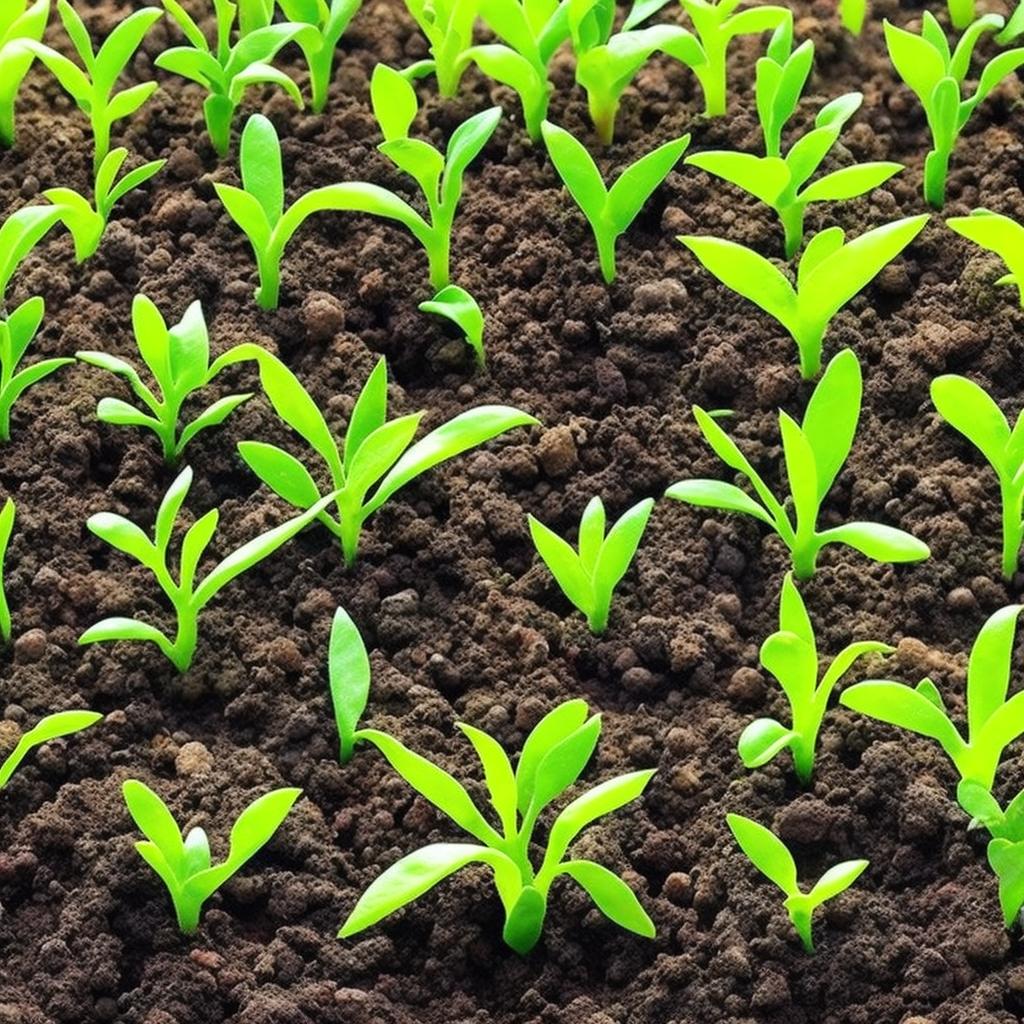
Importance of Soil pH in Gardening
Understanding the is crucial for ensuring the health and vitality of your plants. Soil pH refers to the level of acidity or alkalinity in the soil, which can greatly impact the ability of plants to absorb nutrients. A balanced pH level is essential for optimal plant growth and development.
When the soil pH is too high or too low, it can cause nutrient deficiencies, leading to stunted growth and poor overall health. Different plants have specific pH requirements, so it’s important to test the soil pH before planting to ensure that it is suitable for your chosen plants. By adjusting the soil pH as needed, whether through natural means or by adding amendments, you can create the ideal growing conditions for your garden.
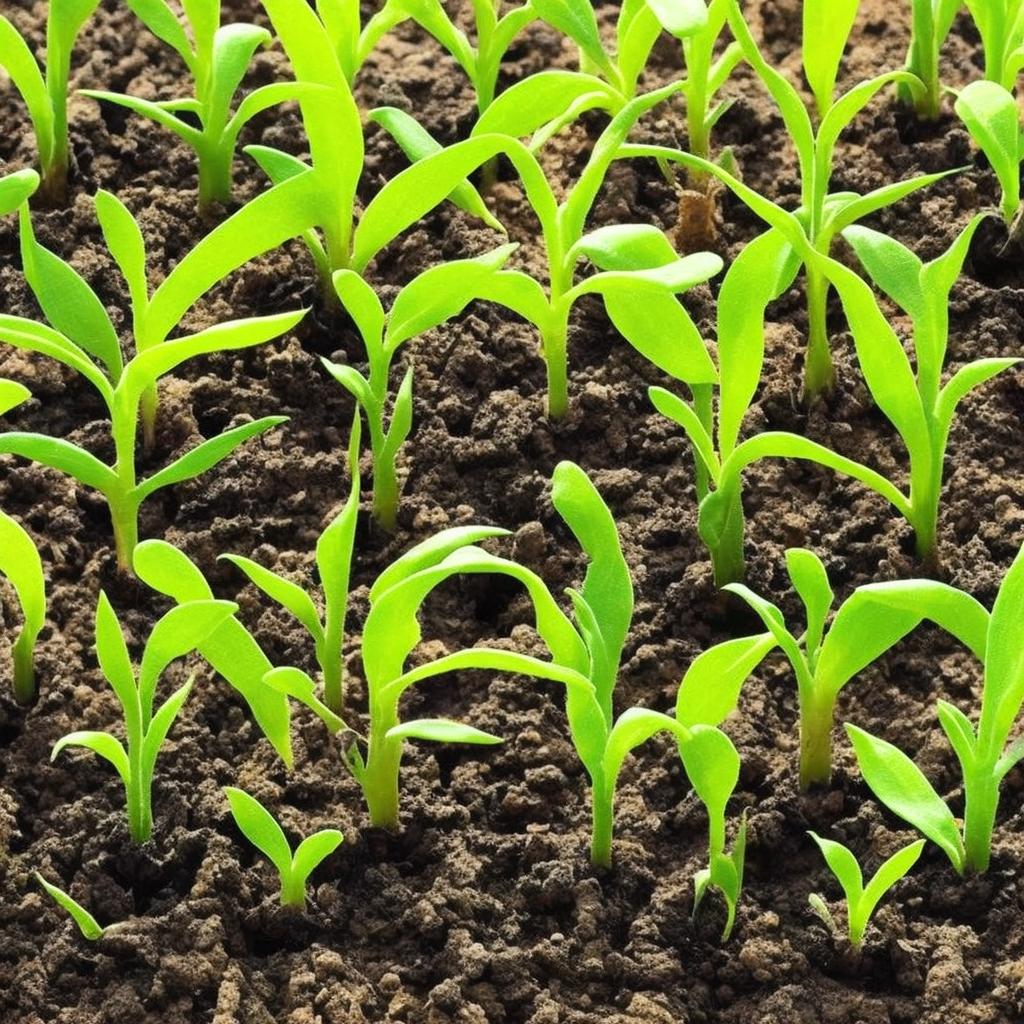
Impact of Soil pH on Plant Nutrition and Growth
Soil pH plays a crucial role in determining the availability of nutrients for plant uptake. Different plants have varying pH requirements, with some thriving in acidic soil (pH below 7), while others prefer alkaline soil (pH above 7). When the pH of the soil is not within the optimal range for a particular plant, it can lead to nutrient deficiencies or toxicities, impacting growth and overall health.
Plants rely on a balanced pH level in the soil to access essential nutrients such as nitrogen, phosphorus, and potassium. An acidic or alkaline pH can limit the availability of these nutrients, hindering plant growth. By understanding the relationship between soil pH and plant nutrition, gardeners and farmers can make informed decisions on soil amendments to adjust pH levels for optimal plant health and productivity. Proper pH management can lead to improved nutrient uptake, increased crop yields, and healthier plants overall.
How to Test and Adjust Soil pH Levels
Testing and adjusting soil pH levels is a crucial step in successful gardening. Soil pH affects the availability of nutrients to plants, with most plants preferring a slightly acidic to neutral pH level. Here are some simple steps to help you understand and manage soil pH levels:
- Test your soil: Use a pH testing kit to determine the current pH level of your soil. This will give you a baseline to work from and help you identify if your soil is too acidic or too alkaline.
- Adjust the pH: Depending on the results of your soil test, you may need to adjust the pH level. Adding materials such as lime to raise pH or sulfur to lower pH can help create the ideal environment for your plants to thrive.
Choosing the Right Plants for Different Soil pH Levels
When it comes to gardening, one of the most important factors to consider is the soil pH level. Different plants thrive in different soil conditions, and understanding the pH level of your soil can help you choose the right plants for your garden. Soil pH is measured on a scale from 0 to 14, with 7 being neutral. Anything below 7 is considered acidic, while anything above 7 is alkaline.
Plants have different preferences when it comes to soil pH, so it’s important to choose plants that will thrive in your specific soil conditions. Here is a general guide to help you choose the right plants for different soil pH levels:
- Acidic soil (pH below 7):
- Blueberries
- Azaleas
- Rhododendrons
- Neutral soil (pH 7):
- Tomatoes
- Lettuce
- Carrots
- Alkaline soil (pH above 7):
- Lavender
- Roses
- Lilacs
Future Outlook
As you delve into the fascinating world of soil pH, remember that understanding this essential aspect of gardening is a journey of discovery. By grasping the basics of soil acidity and alkalinity, you are equipped to create a thriving and balanced environment for your plants to flourish. So, go forth with confidence, armed with the knowledge of how to unlock the secrets hidden beneath the surface of your garden. Happy gardening!

